As the world observes the International Day of Zero Waste on 30 March, Egypt stands at the forefront of a transformative journey towards effective waste management.
With over 24 million tons of waste produced annually, the country faces significant challenges in this realm. However, through a series of initiatives, Egypt is making remarkable progress in reducing waste and fostering a sustainable future.
Let’s explore Egypt’s commitment to zero waste, highlighting key initiatives that are reshaping the nation’s waste management landscape.
Al-Baragil Intermediate Waste Station
In March 2021, the Egyptian government inaugurated the Al-Baragil Intermediate Waste Station, representing a significant milestone on the path to proper waste management.
The station can hold 2,000 tons of waste daily, which then gets transported to another facility dedicated to recycling, serving approximately 500,000 residents. This project exemplifies Egypt’s commitment to establishing a robust waste management system.
WFP’s “Mesh 3eib Campaign”
The United Nations World Food Programme (WFP) Egypt launched the “Mesh 3eib” campaign during Ramadan, challenging societal perceptions of food abundance.
By fostering mindfulness and sustainability at the Iftar table, the campaign encourages mindful consumption and preparation of food particularly at a time in the year where food waste is high.
This initiative, mostly executed online but in partnerships with different entities and influential figures, aims to raise awareness and promote a culture of responsible consumption.
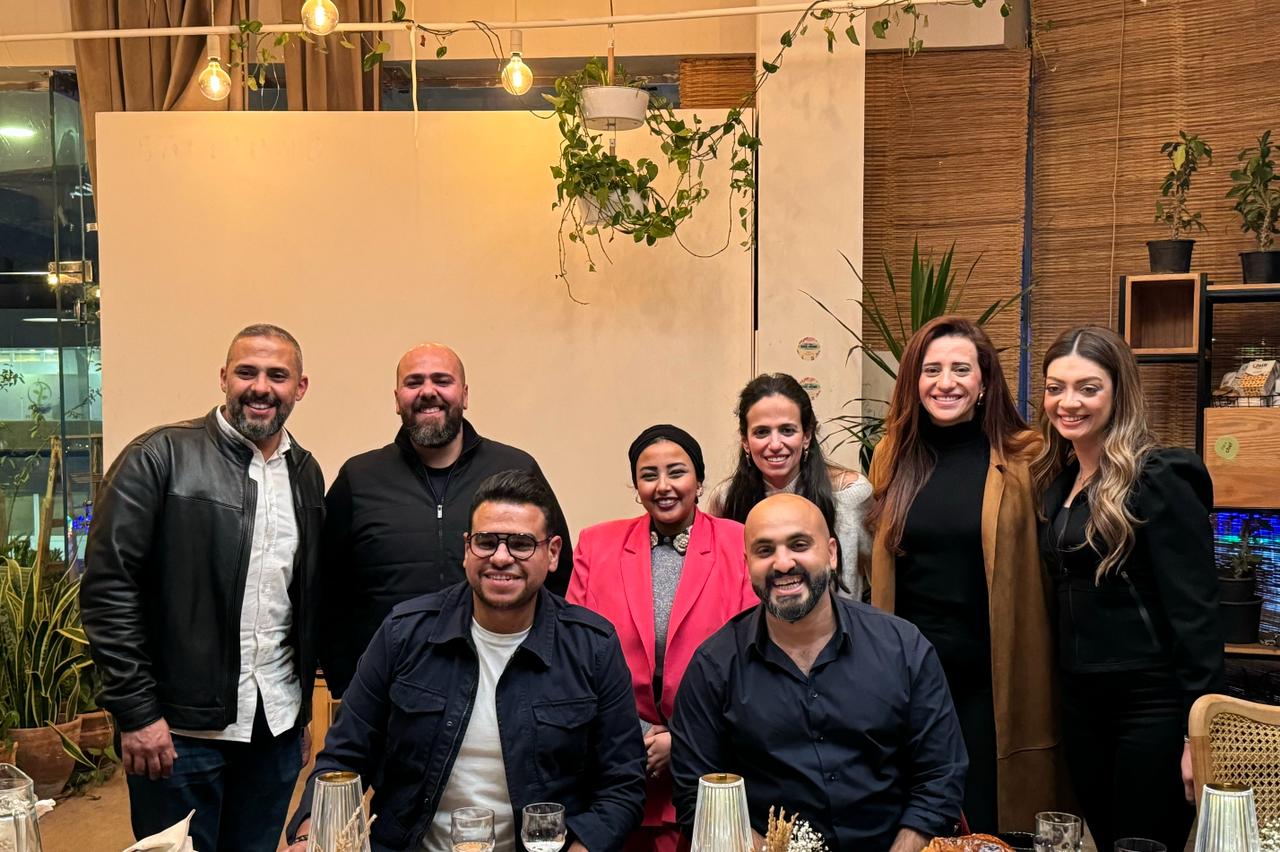
Green Food Hub Initiative
Egypt’s “Green Food Hub” initiative, launched in October 2023, focuses on establishing 17 green food centers dedicated to providing essential facilities such as refrigeration, packing, and sorting, benefiting both local markets and exports. The initiative enhances efficiency while reducing food waste in the supply chain.
National Strategy for Solid Waste Management
Egypt’s comprehensive National Strategy for Solid Waste Management, implemented in July 2023, is meant to address the country’s waste management challenges holistically.
The strategy centers around four pillars: waste reduction and recycling, proper collection and disposal, waste-to-energy solutions, and public awareness and participation.
TeKeya Mobile App
Launched in 2019, the TeKeya app revolutionizes food consumption habits by enabling food providers to sell all of their products before they expire. It helps the users to save money and for charities to secure a stable donation channel for the needy.
Consumers can purchase these items at reduced prices, and any unsold food is donated to those in need. The app also assists food businesses in quantifying their waste and offers suggestions for waste reduction, promoting a circular approach to food consumption.
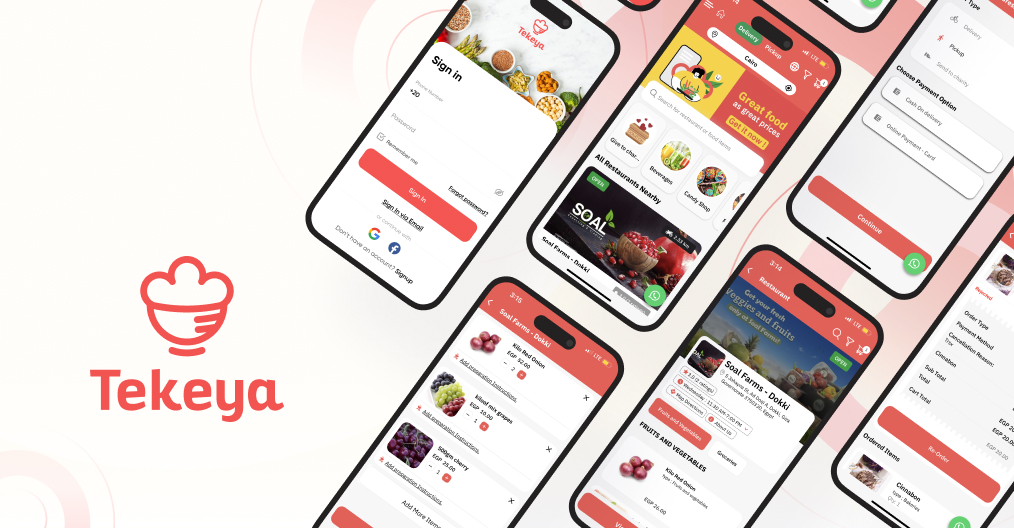










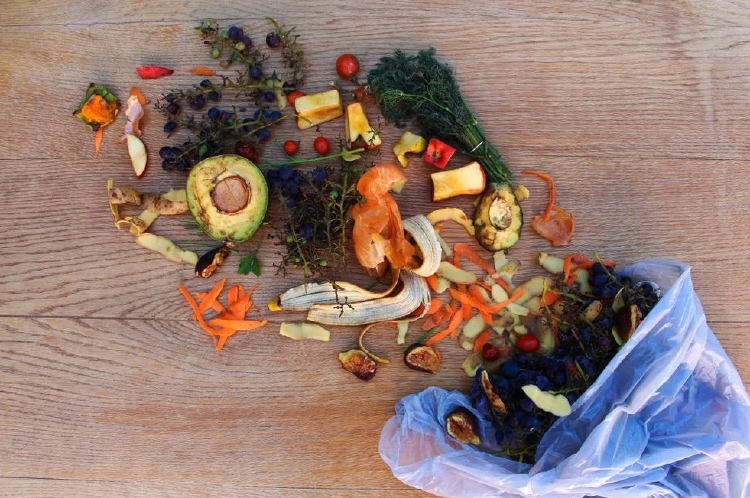
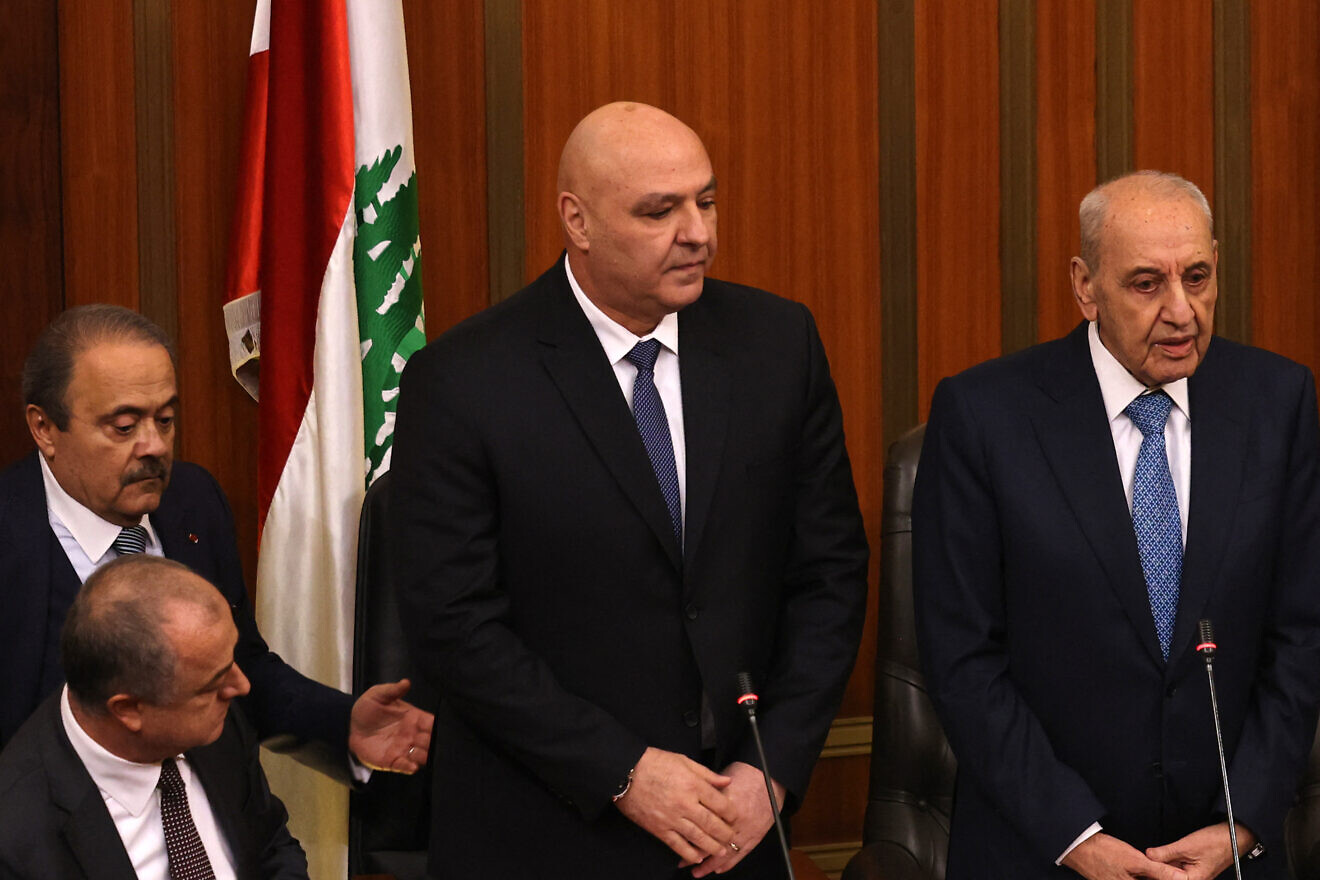


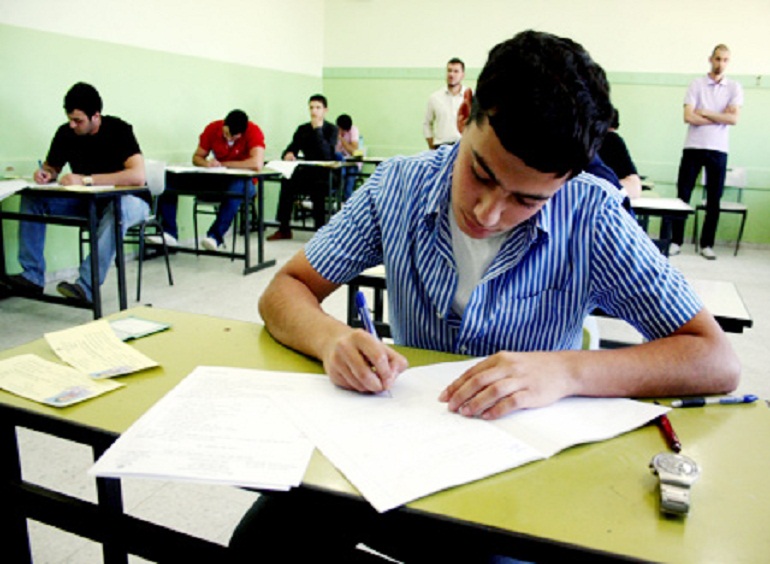






Discussion about this post